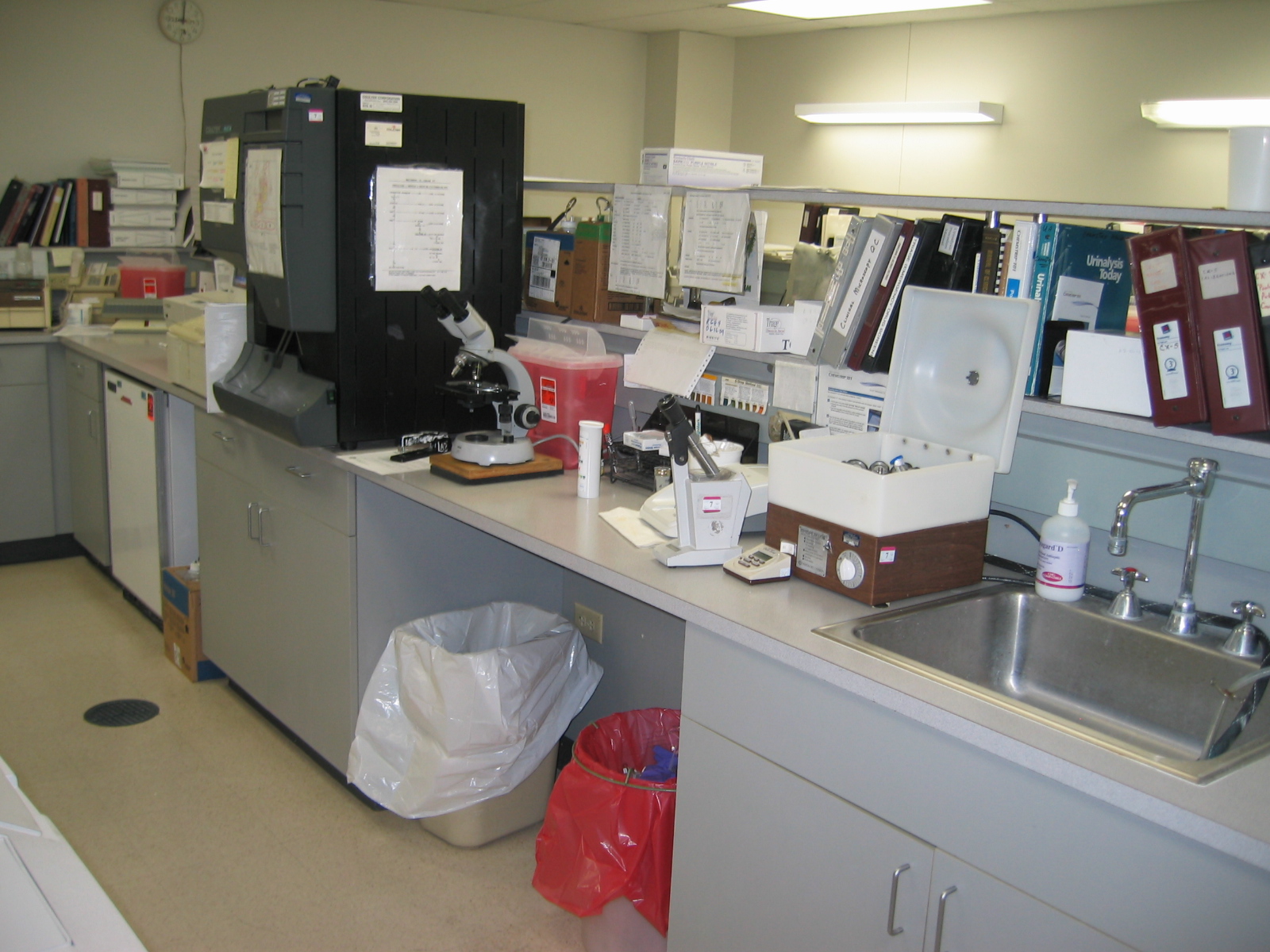Urinalysis by smartphone


An Indian biotech company wants to replace costly medical equipment that medical centers use for urinalysis with a smartphone app, and conceivably, home test kits - broadening and advancing the mobile health market.
Yesterday, Myshkin Ingawale, a Technology, Education and Design (TED) fellow and co-founder of Biosense Technologies, presented an app called uChek, at TED's Los Angeles conference. The concept behind the app is to introduce a lower cost alternative to traditional specialized medical equipment using smartphone hardware.
uChek works how existing urine scanning machines operate: by matching saturated chemical strips to a color-coded reference for test results. One of the key differences is that the phone's camera deciphers the correct color for accuracy instead of specialized medical equipment that does only that and can cost a lot more.
Urinalysis machines range from many hundreds to tens of thousands of dollars, but the uChek app will soon become available in Apple's App Store for US$99. The chemical test strips used for the urinalysis will run another $20, TechCrunch's Michael Seo noted in his coverage of the event.
Seo also noted that the app is being tested at a Mumbai hospital and is still yet to be approved by Apple (an Android version will come later). If approved, uChek could be used for home urine testing - if the strips are sold at retail. A potential stumbling block could be any regulation that restricts exactly what mHealth apps can do.
That hasn't happened yet, however, regulatory bodies, including the U.S. government, might soon rein in the mHealth market to establish uniform rules and standards. Many applications are rated exclusively by app reviews with little more than consensus to go by for determining quality or utility. The market operates much like the largely unregulated health supplement industry, and it's a booming business.
"There are about 40,000 health apps available for smartphones or tablets, produced by doctors, software developers, pharmaceutical companies and hospital systems, among others. The mobile health market is expected to reach $392 million in 2015, according to global industry analyst and consultancy firm Frost & Sullivan," Cleveland Plain Dealer's Brie Zeltner wrote in a report on the industry that was published Sunday.
Access to medical apps like uChek has been fairly unfettered to date, and is likely to remain that way for a while. There's already an iPhone urinalysis app cutely named "Piddle" under development and a number of blood glucose monitoring apps for diabetics already populate the App Store.
At-home urinalysis is coming - just try not to drop your iPhone into the toilet.
(image credit: Wikipedia commons)
A trickle of innovation: related on SmartPlanet:
- Coming soon - pee powered warfare
- NASA improves urine drinking technology
- African teens create urine-powered generator
- How to make money from dirty diapers
This post was originally published on Smartplanet.com